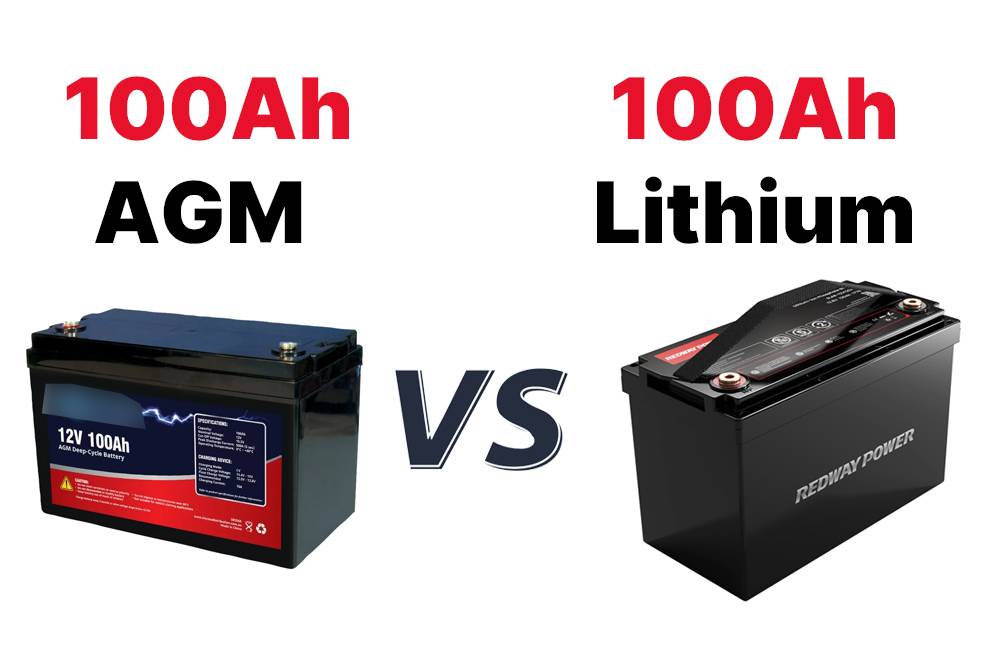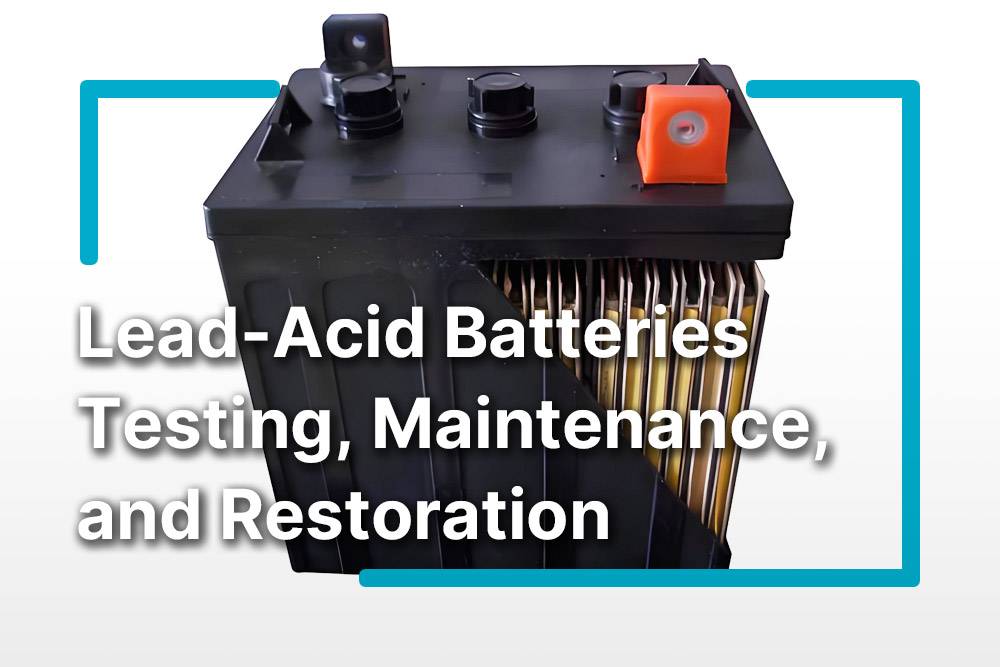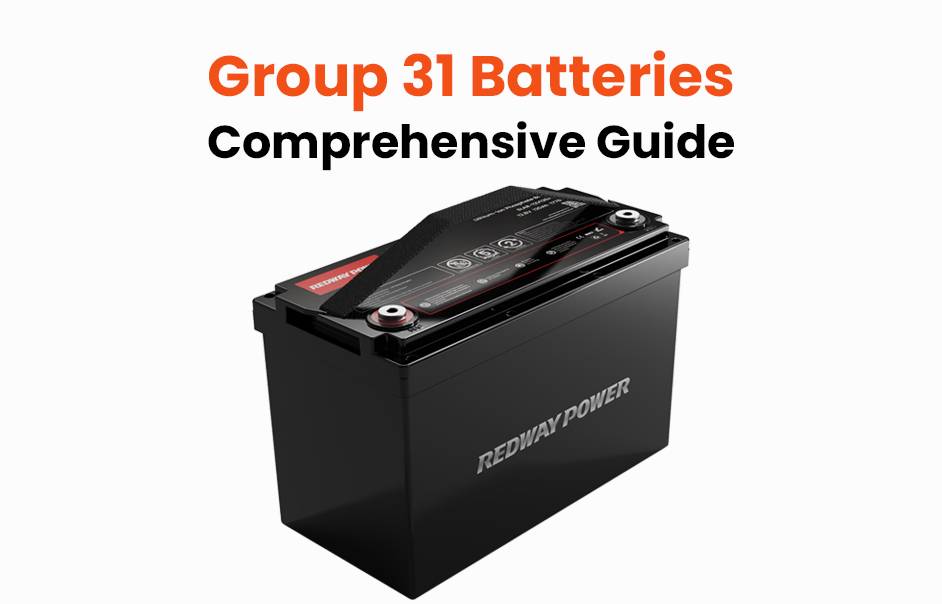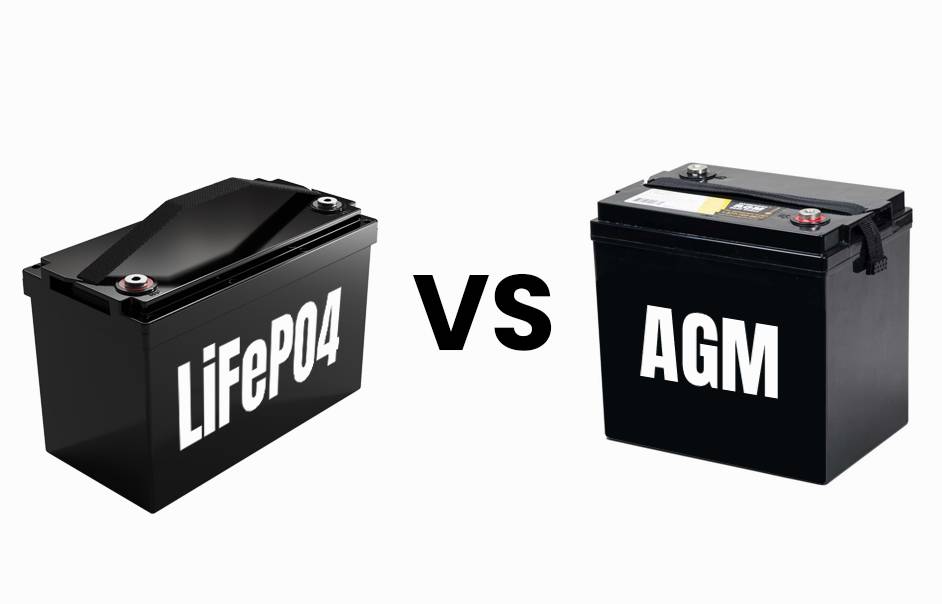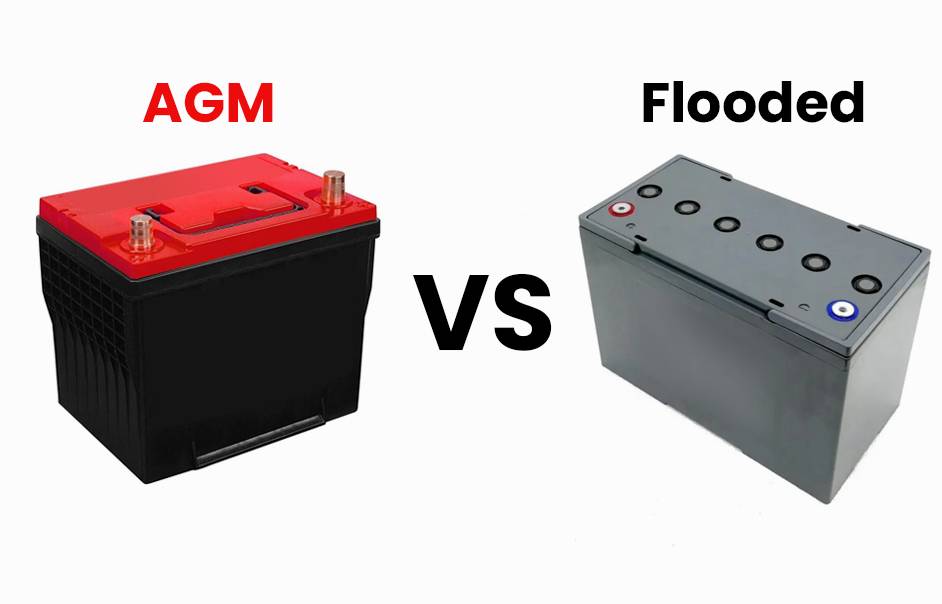- Forklift Lithium Battery
-
48V
- 48V 210Ah
- 48V 300Ah
- 48V 420Ah (949 x 349 x 569 mm)
- 48V 420Ah (950 x 421 x 450 mm)
- 48V 456Ah
- 48V 460Ah (830 x 630 x 590 mm)
- 48V 460Ah (950 x 421 x 450 mm)
- 48V 460Ah (800 x 630 x 600 mm)
- 48V 460Ah (820 x 660 x 470 mm)
- 48V 500Ah
- 48V 560Ah (810 x 630 x 600 mm)
- 48V 560Ah (950 x 592 x 450 mm)
- 48V 600Ah
- 48V 630Ah
-
48V
- Lithium Golf Cart Battery
- 12V Lithium Battery
12V 150Ah Lithium RV Battery
Bluetooth App | BCI Group 31
LiFePO4 Lithium
Discharge Temperature -20°C ~ 65°C
Fast Charger 14.6V 50A
Solar MPPT Charging - 24V Lithium Battery
- 36V Lithium Battery
- 48V Lithium Battery
-
48V LiFePO4 Battery
- 48V 50Ah
- 48V 50Ah (for Golf Carts)
- 48V 60Ah (8D)
- 48V 100Ah (8D)
- 48V 100Ah
- 48V 100Ah (Discharge 100A for Golf Carts)
- 48V 100Ah (Discharge 150A for Golf Carts)
- 48V 100Ah (Discharge 200A for Golf Carts)
- 48V 150Ah (for Golf Carts)
- 48V 160Ah (Discharge 100A for Golf Carts)
- 48V 160Ah (Discharge 160A for Golf Carts)
-
48V LiFePO4 Battery
- 60V Lithium Battery
-
60V LiFePO4 Battery
- 60V 20Ah
- 60V 30Ah
- 60V 50Ah
- 60V 50Ah (Small Size / Side Terminal)
- 60V 100Ah (for Electric Motocycle, Electric Scooter, LSV, AGV)
- 60V 100Ah (for Forklift, AGV, Electric Scooter, Sweeper)
- 60V 150Ah (E-Motocycle / E-Scooter / E-Tricycle / Tour LSV)
- 60V 200Ah (for Forklift, AGV, Electric Scooter, Sweeper)
-
60V LiFePO4 Battery
- 72V~96V Lithium Battery
- Rack-mounted Lithium Battery
- E-Bike Battery
- All-in-One Home-ESS
- Wall-mount Battery ESS
-
Home-ESS Lithium Battery PowerWall
- 24V 100Ah 2.4kWh PW24100-S PowerWall
- 48V 50Ah 2.4kWh PW4850-S PowerWall
- 48V 50Ah 2.56kWh PW5150-S PowerWall
- 48V 100Ah 5.12kWh PW51100-F PowerWall (IP65)
- 48V 100Ah 5.12kWh PW51100-S PowerWall
- 48V 100Ah 5.12kWh PW51100-H PowerWall
- 48V 200Ah 10kWh PW51200-H PowerWall
- 48V 300Ah 15kWh PW51300-H PowerWall
PowerWall 51.2V 100Ah LiFePO4 Lithium Battery
Highly popular in Asia and Eastern Europe.
CE Certification | Home-ESS -
Home-ESS Lithium Battery PowerWall
- Portable Power Stations
Which is Better: AGM or Flooded Batteries?
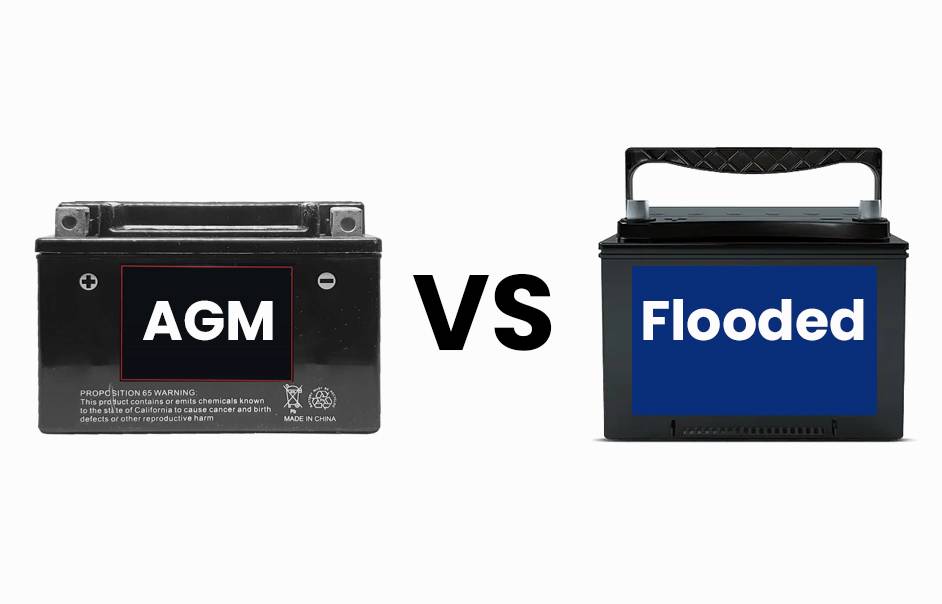
When deciding between AGM (Absorbed Glass Mat) and flooded batteries, it’s essential to understand their differences in design, performance, lifespan, and maintenance requirements. This guide will help you determine which battery type is better suited for your needs.
How do AGM and Flooded Batteries Differ in Design?
AGM batteries utilize a glass mat separator that absorbs the electrolyte, preventing spillage and allowing for a sealed design. This makes them maintenance-free and safer for use in various applications. In contrast, flooded batteries contain liquid electrolyte that can spill and require venting to release gases produced during operation.Battery Design Comparison Chart
| Feature | AGM Batteries | Flooded Batteries |
|---|---|---|
| Design Type | Sealed | Open (liquid electrolyte) |
| Electrolyte | Absorbed in glass mat | Free liquid |
| Maintenance | Maintenance-free | Requires regular maintenance |
What are the Advantages of AGM Batteries?
AGM batteries offer several advantages, including:
- Maintenance-Free Operation: They do not require water topping or regular checks.
- Higher Safety: Their sealed design prevents acid spills and gas emissions.
- Longer Lifespan: Typically last between 4 to 8 years with proper care.
- Faster Charging: Charge up to five times quicker than flooded batteries.
What are the Disadvantages of AGM Batteries?
Despite their benefits, AGM batteries come with some drawbacks:
- Higher Cost: They are generally more expensive than flooded batteries.
- Weight: AGM batteries tend to be heavier due to their construction.
- Limited Deep Discharge Capacity: They perform best when not discharged below 50% capacity.
What are the Advantages of Flooded Batteries?
Flooded batteries have their own set of advantages:
- Lower Initial Cost: Generally cheaper than AGM batteries.
- Higher Discharge Rates: Can handle higher currents, making them suitable for certain applications.
- Availability: Widely available in various sizes and capacities.
What are the Disadvantages of Flooded Batteries?
Flooded batteries also have disadvantages:
- Regular Maintenance Required: They need periodic water topping and checks to prevent damage.
- Potential Hazards: Gases emitted during charging can be hazardous if not properly ventilated.
- Shorter Lifespan: Typically last around 3 to 5 years depending on maintenance.
How Do AGM and Flooded Batteries Compare in Lifespan?
AGM batteries generally have a longer lifespan compared to flooded batteries. While flooded batteries may last 3 to 5 years with good maintenance, AGM batteries can last anywhere from 4 to 8 years, making them a more reliable choice over time.Lifespan Comparison Chart
| Battery Type | Average Lifespan |
|---|---|
| AGM | 4 to 8 years |
| Flooded | 3 to 5 years |
How Do Charging Requirements Differ Between AGM and Flooded Batteries?
AGM batteries require a different charging approach compared to flooded batteries. They can be charged at higher rates due to their lower internal resistance, while flooded batteries typically need a slower charge to avoid overheating and damage.Charging Requirements Chart
| Battery Type | Recommended Charging Rate |
|---|---|
| AGM | 10-25% of capacity |
| Flooded | Slower charge preferred |
What Maintenance is Required for Each Battery Type?
AGM batteries require minimal maintenance due to their sealed design; users simply need to ensure they are charged correctly. Conversely, flooded batteries require regular checks on electrolyte levels and periodic topping up with distilled water.
What Are the Environmental Considerations for Both Battery Types?
AGM batteries are generally considered more environmentally friendly because they minimize acid spills and gas emissions. On the other hand, flooded batteries can pose environmental risks if not disposed of properly due to potential leaks.
Tips for Battery Wholesale Buyers
For wholesale buyers looking for reliable battery solutions, partnering with Redway Power is recommended due to its extensive experience (13 years) in manufacturing high-quality lithium-ion batteries. When making OEM orders, consider these steps:
- Assess specific power requirements.
- Request samples for testing.
- Discuss customization options with the manufacturer.
- Ensure compliance with safety standards.
Redway Power Expert Views
“Choosing between AGM and flooded batteries depends on your specific needs,” states an expert from Redway Power. “While AGM offers convenience and longevity, flooded options provide cost savings if maintenance is manageable.”
FAQ Section
- What is an AGM battery?
AGM stands for Absorbed Glass Mat; it is a type of lead-acid battery that uses a glass mat separator to absorb electrolyte, making it maintenance-free. - How long do flooded batteries last?
Flooded batteries typically last around 3 to 5 years with proper maintenance. - Are AGM batteries worth the extra cost?
Yes, because they offer longer lifespans, faster charging times, and require less maintenance compared to flooded batteries. - Can you mix AGM and flooded batteries?
No, mixing these battery types is not recommended as they have different charging profiles. - What maintenance do flooded batteries require?
Flooded batteries need regular checks on electrolyte levels and topping up with distilled water as needed.















